Many people assume that the major fast food chains make such an incredible amount of money that they never struggle, but that’s not entirely true.
While some chains are still thriving, others have noted a severe decrease in profits and consequently have been forced to close some of their locations or even file for bankruptcy.
Franchising as a Business Model

Before diving into the recent struggles of several fast food chains, it’s first crucial to understand exactly how these stores are owned and operated.
The vast majority of fast food restaurants are franchised, which means people can pay a franchise fee to open a location of one of the popular chains. They own this business. However, they follow the format developed by the company, receive the rights to use the company’s recipes and marketing, and maybe even get some assistance from the corporation to succeed.
Franchising Has Been a Wildly Successful Business Model
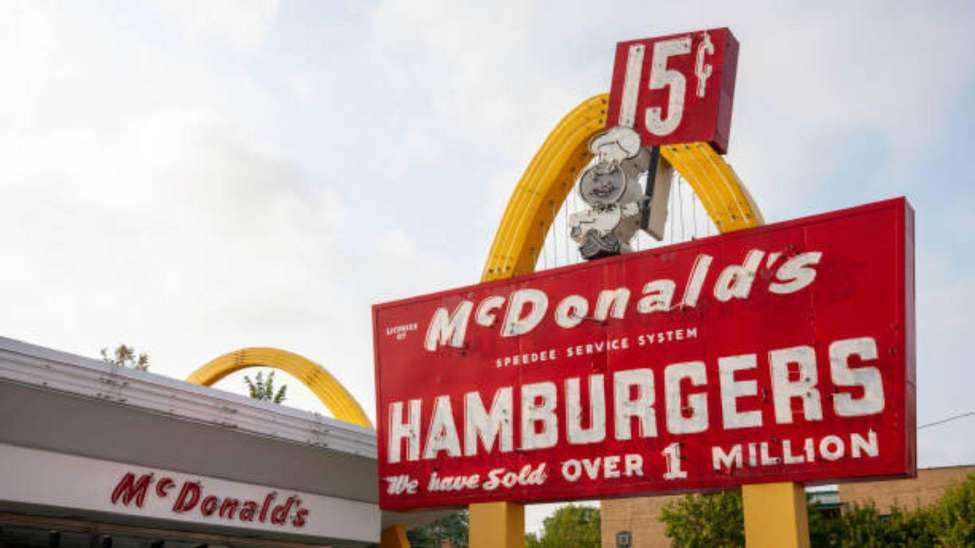
The idea of franchising has existed since the 1800s, though it wasn’t applied to fast food restaurants until the 1950s. At that time, thousands of Americans became business owners by buying McDonald’s, KFC, or Burger King restaurants.
For the past 75 years, this model has proven to be wildly successful. Although, there have been times when specific owners were not able to live up to the corporate name in either production or sales. In these cases, the stores often closed, even though the brand was still doing exceptionally well.
Which Fast Food Chains Are at Risk of Bankruptcy?
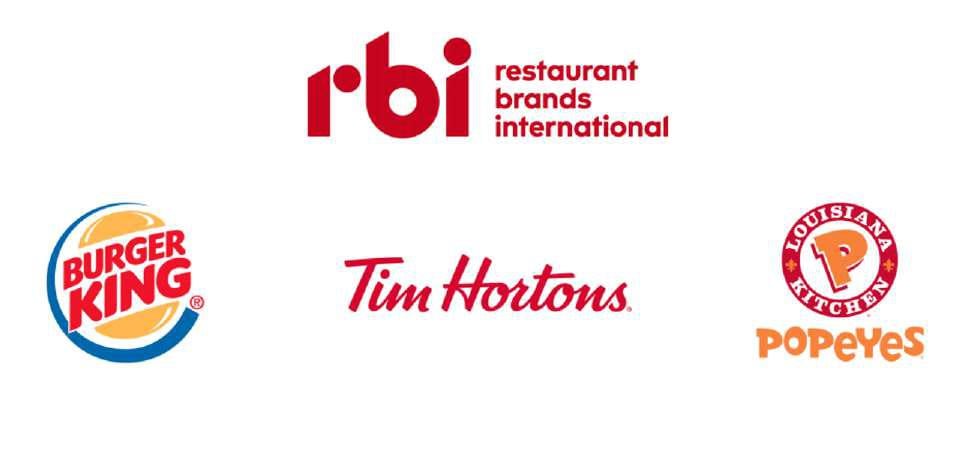
However, in 2023, something extremely strange happened: Hundreds of Burger King restaurants closed down, and many Popeyes franchise owners filed for bankruptcy.
Both restaurants are owned by Restaurant Brands International, and the company had to step in immediately to assess why this was happening and also see if they could save some of their locations.
RBI Reported That One of Their Largest Franchisers Was Going to Cost Them Billions
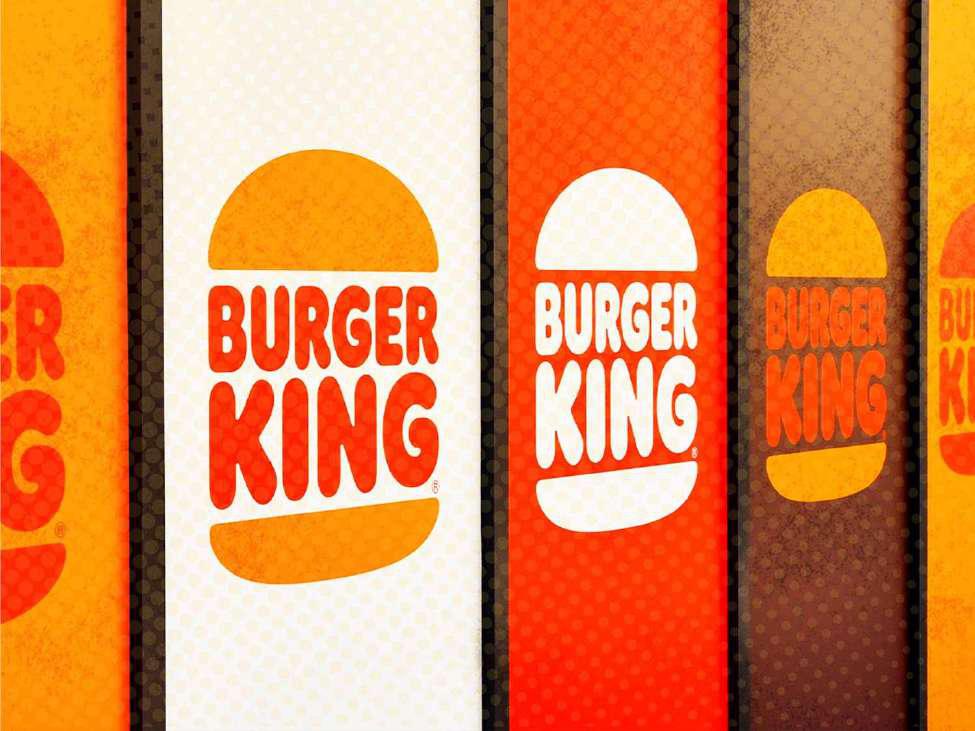
RBI realized that one of its major franchisees, Carrols, was about to close dozens of its quite profitable locations.
In a press release, RBI explained, “Carrols is the largest Burger King franchisee in the United States today, operating 1,022 Burger King restaurants in 23 states that generated approximately $1.8 billion of system sales during the 12 months ended Sept. 30, 2023.” And that is in addition to the 60 Popeyes restaurants Carrols owns in six states.
Two More of RBI’s Largest Franchisees File for Chapter 11 Bankruptcy

At the same time, RBI noted that two of its other franchisees, Meridian and Premier Kings, had filed for Chapter 11 bankruptcy and were attempting to sell several of their locations.
RBI decided to step in and purchase dozens of Carrols, Premiere King, and Meridian locations, though they were still forced to allow some to close.
Many Fast Food Companies are Facing Difficult Times
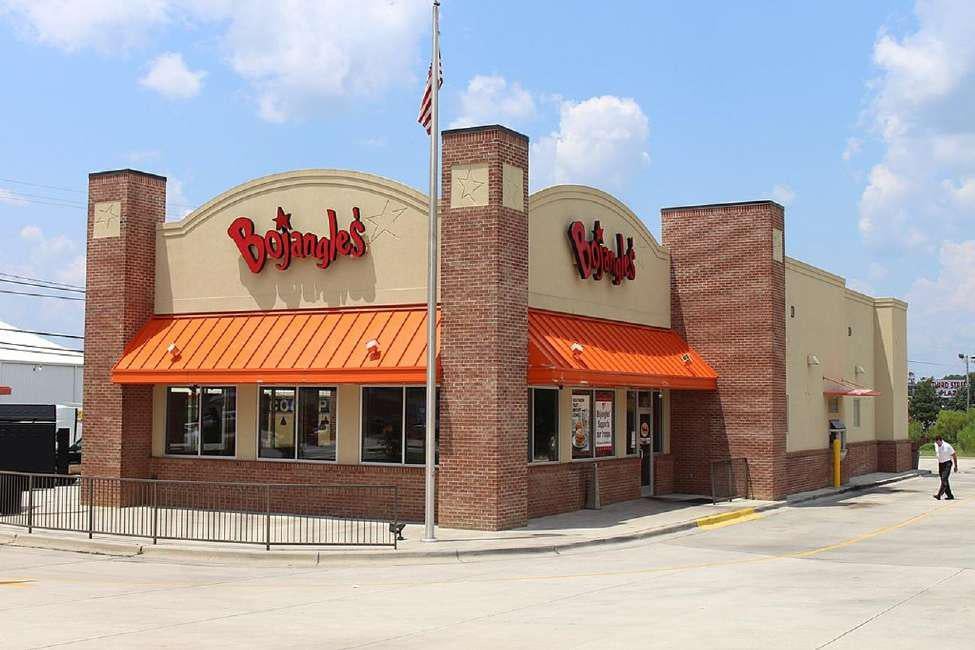
While RBI is handling their crisis, another popular but lesser-known fast food chain has all but fallen apart. Bojangles, which originated in South Carolina, now has 800 locations in eight states.
However, in 2023, the company closed several of its locations after filing for Chapter 11 bankruptcy. The Bojangles website says the restaurants are still open, though the windows are boarded up.
The Bojangles Franchisees Are in Financial Trouble
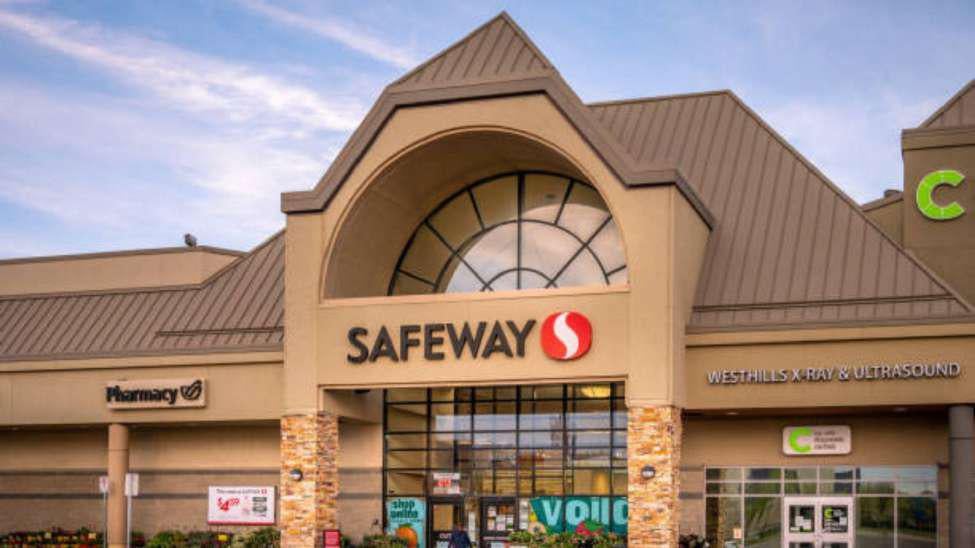
The franchisees who own the closed locations, Salim Kakakhail and Yavir Akbar Durrani, haven’t just lost their businesses; they may also face a state investigation for fraud as many of their employees say they are owed money for their previous work.
Former employees of these franchisees also reported that they were told to buy chicken from Popeyes or even Safeway (a local grocery store) and sell it as their own when they ran out.
Bojangles Released a Public Statement Regarding the Scandal
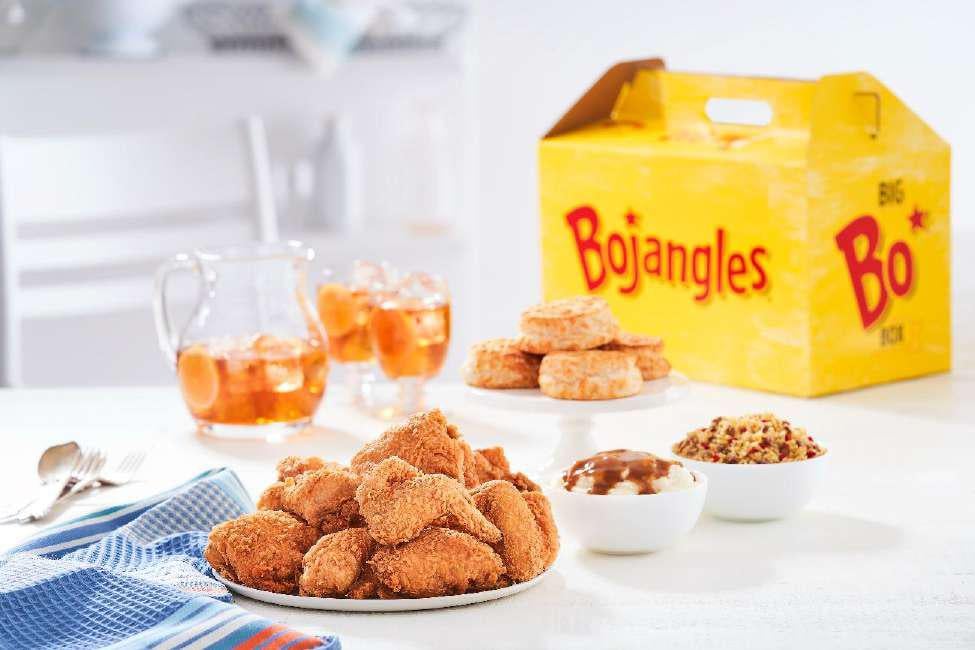
After these rumors made their way around the internet, Bojangles released an official statement regarding the franchisees in question.
It said, “The franchisee is no longer in the Bojangles system. However, it is important to note in your coverage that franchisees are independent business owners who are licensed to operate a brand but have autonomy over many aspects of their business, including hiring employees and payroll responsibilities.”
Why Are So Many Fast Food Franchises Struggling?
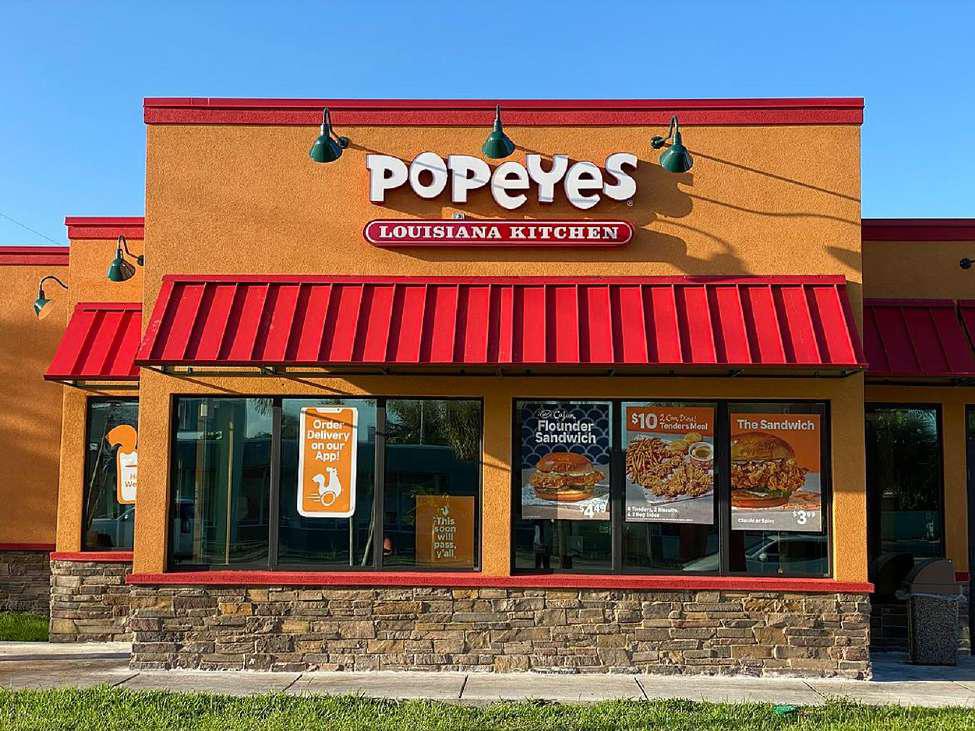
Of course, the situation at Bojangles seems to be unique. However, at the same time, successful franchisees of Burger King and Popeyes are also closing their doors. So, why are these fast food chains struggling to stay open?
Many fast food chains have seen a significant decrease in sales over the past few years as they have increased their pricing. With high inflation rates, tens of millions of Americans are living on less to spend than ever before, and many have decided to cut out fast food to save money.
Minimum Wage Changes Play a Role in Franchise Failure

Additionally, while sales are decreasing, costs for fast food chains are increasing as several states are raising the minimum wage.
In fact, Governor Newsom in California recently passed a bill that raised the minimum wage for fast food workers from $16 to $20, a jump that could lead to more restaurant closings around the state.
California’s Fast-Food Industry Faces Closures
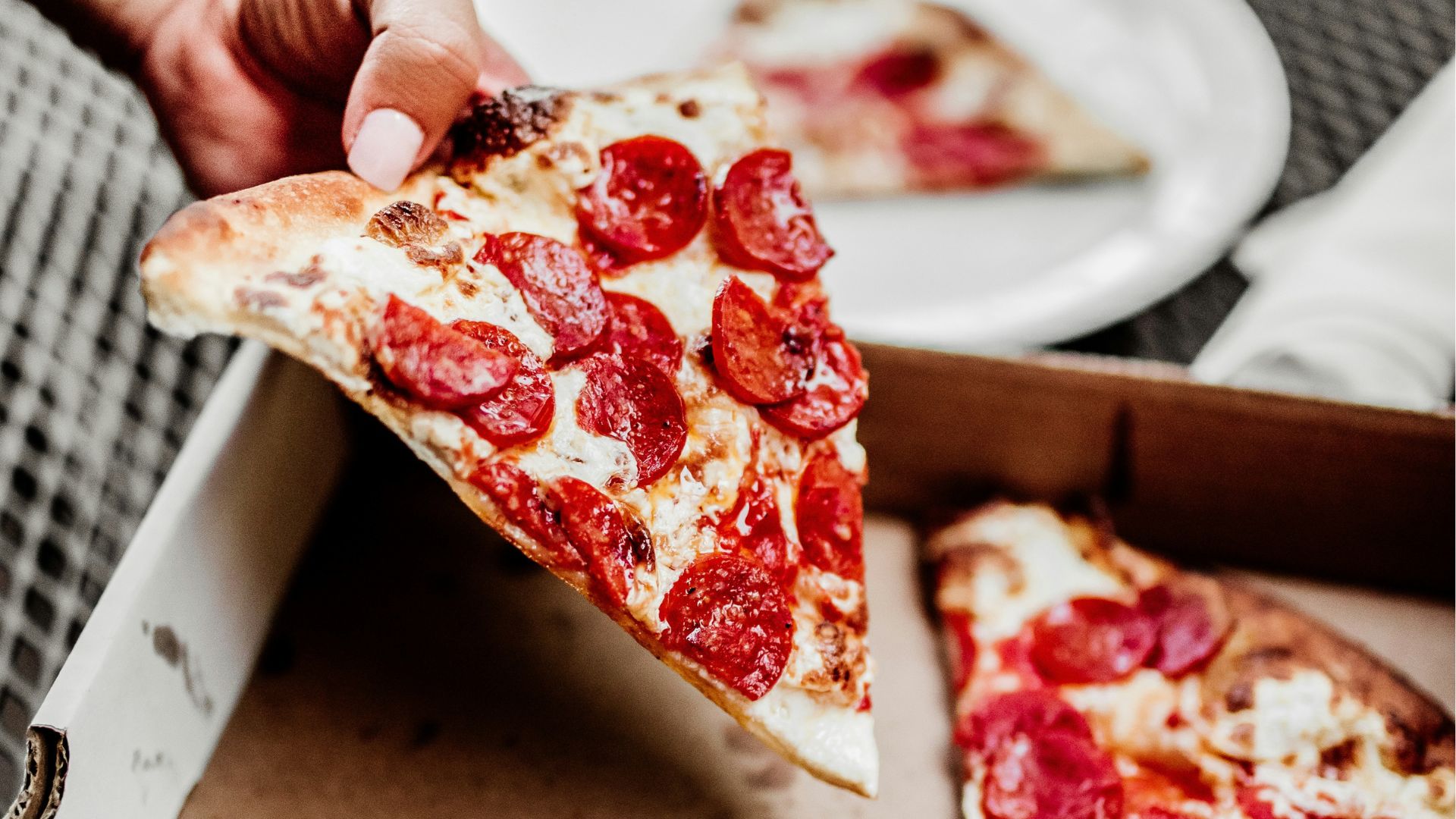
In California, the new law introducing a $20 minimum wage is set to take effect in April. This development is prompting several eateries, particularly pizza chains, to reduce their workforce.
The Wall Street Journal has reported that these preemptive layoffs are an effort by businesses to mitigate the financial impact of the upcoming wage increase.
Job Cuts at Pizza Hut Ahead of Wage Law

Michael Ojeda, a 29-year-old Pizza Hut driver in Ontario, California, received a notice in December from the Pizza Hut franchisee Southern California Pizza, informing him that his employment would end in February.
Ojeda said “Pizza Hut was my career for nearly a decade and with little to no notice it was taken away,” highlighting the personal impact of the job reductions.
Widespread Layoffs Across Southern California

Southern California Pizza Co., a Pizza Hut franchisee, also announced it would lay off around 841 drivers across the state.
This decision impacts locations in Los Angeles, Orange, San Bernardino, Riverside, and Ventura counties, demonstrating the extensive reach of the workforce adjustments in anticipation of the new wage law.
Round Table Pizza Announces Layoffs
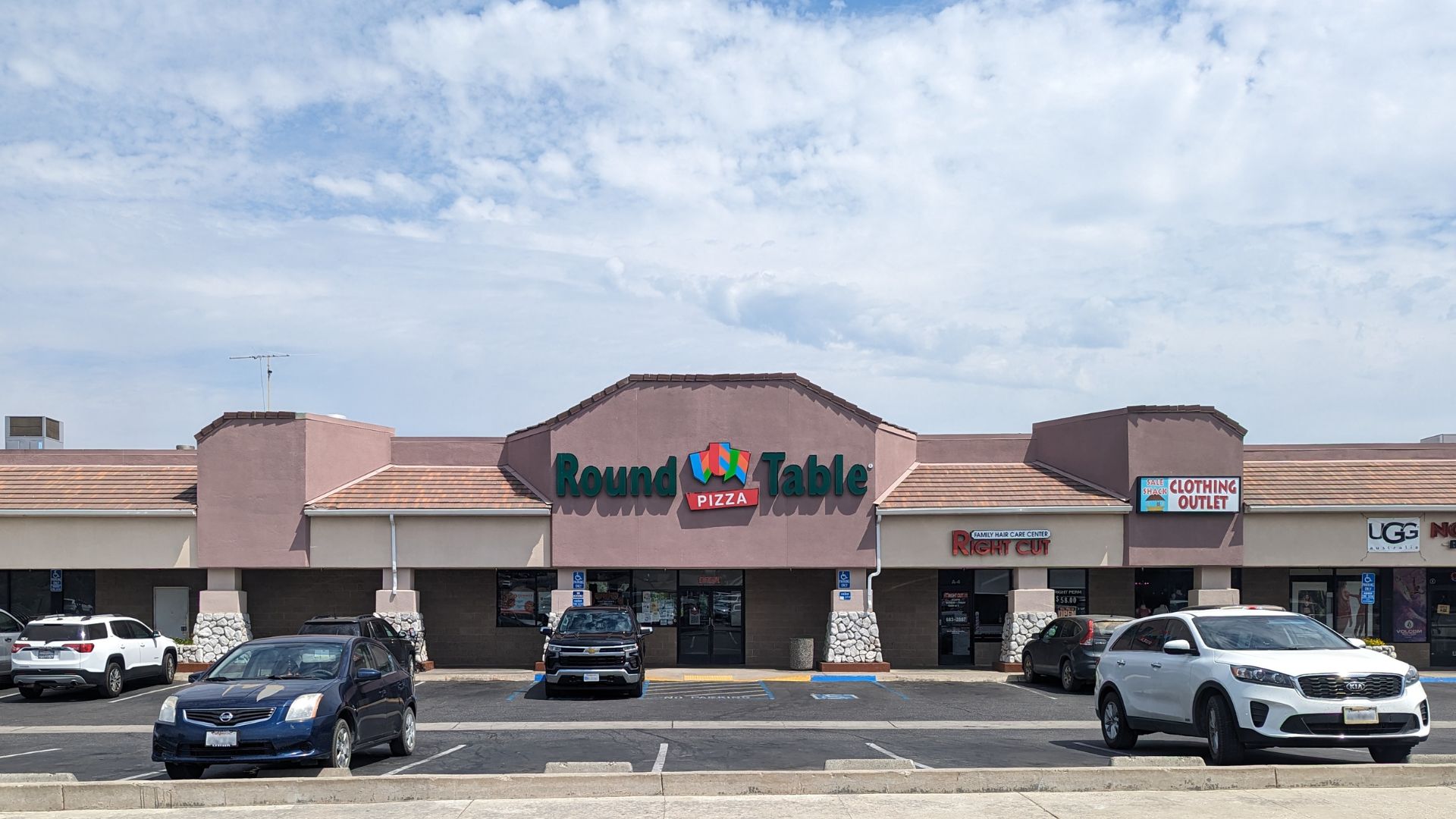
Similarly, Round Table Pizza, another major player in the industry, has indicated plans to lay off approximately 1,280 delivery drivers this year. This move is part of a strategy to adapt to rising operating costs, including the new minimum wage law.
The layoffs at Round Table Pizza were also reported by The Wall Street Journal, reflecting a trend among pizza chains to reassess their labor needs.
Shift Towards Third-Party Delivery Services
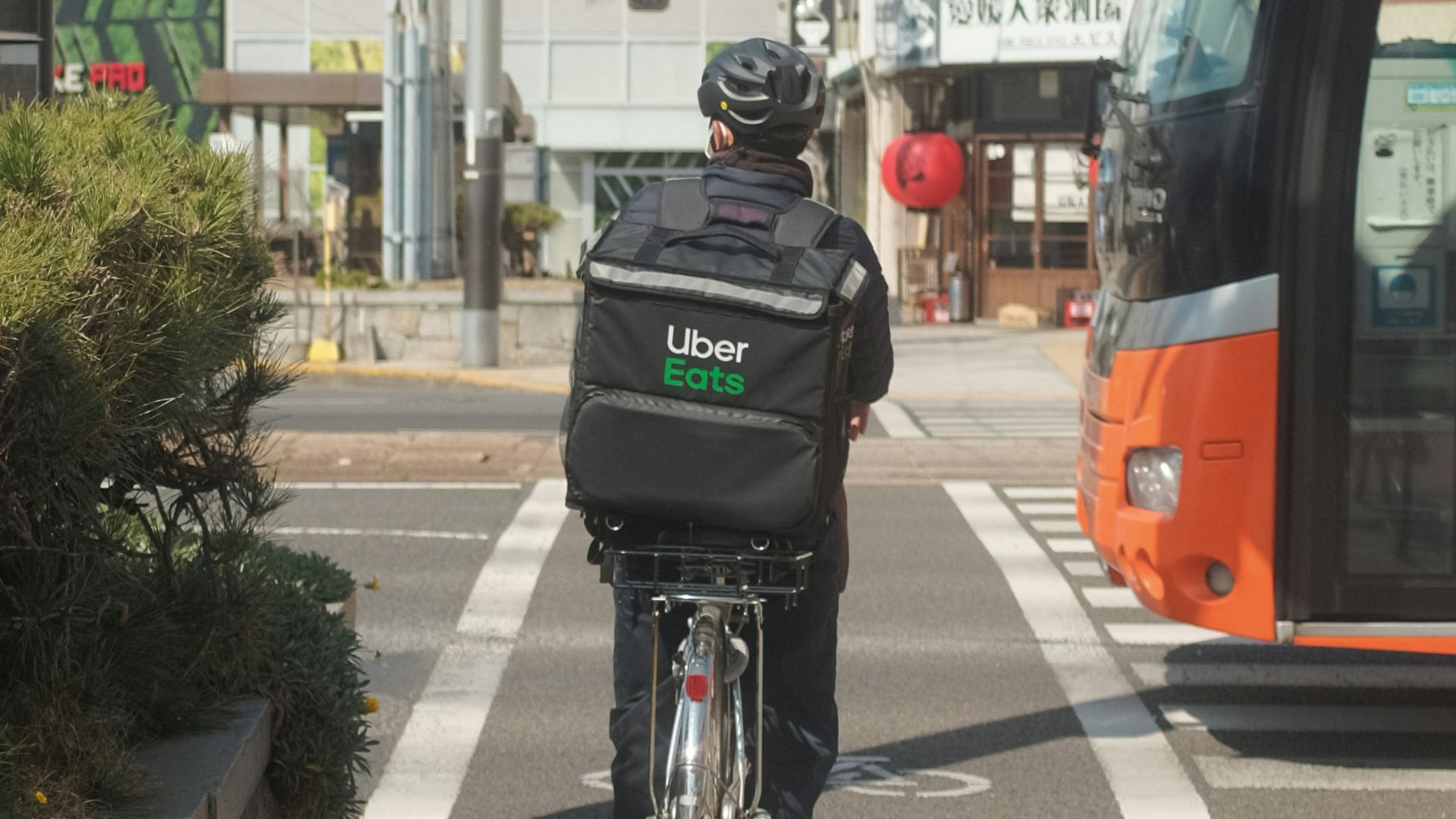
In response to the changing economic landscape, some franchises are opting to transfer their delivery services to third-party providers.
A statement to FOX Business from FAT Brands, parent company of Round Table Pizza, explained, “The franchisee is transferring their delivery services to third-party. While it is unfortunate, we look at this as a transfer of jobs.”
Minimum Wage Increases Impact Customer Prices
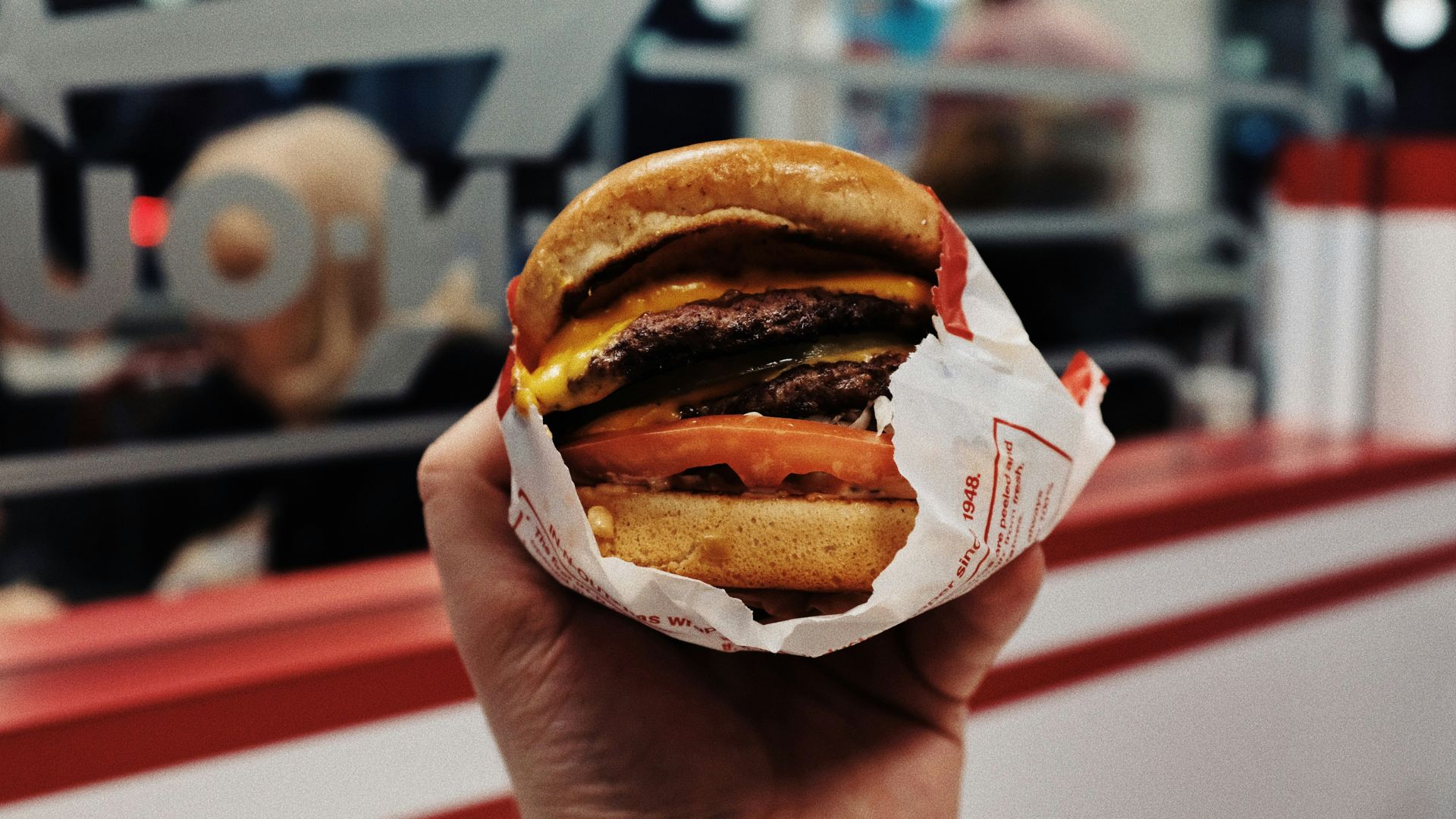
The transition to third-party delivery services may lead to higher costs for consumers. FAT Brands has acknowledged that delivery fees could rise, which might result in customers seeing increased prices for their orders.
This change reflects the broader economic adjustments businesses are making in response to the minimum wage increase.
Staffing Reductions at Vitality Bowls
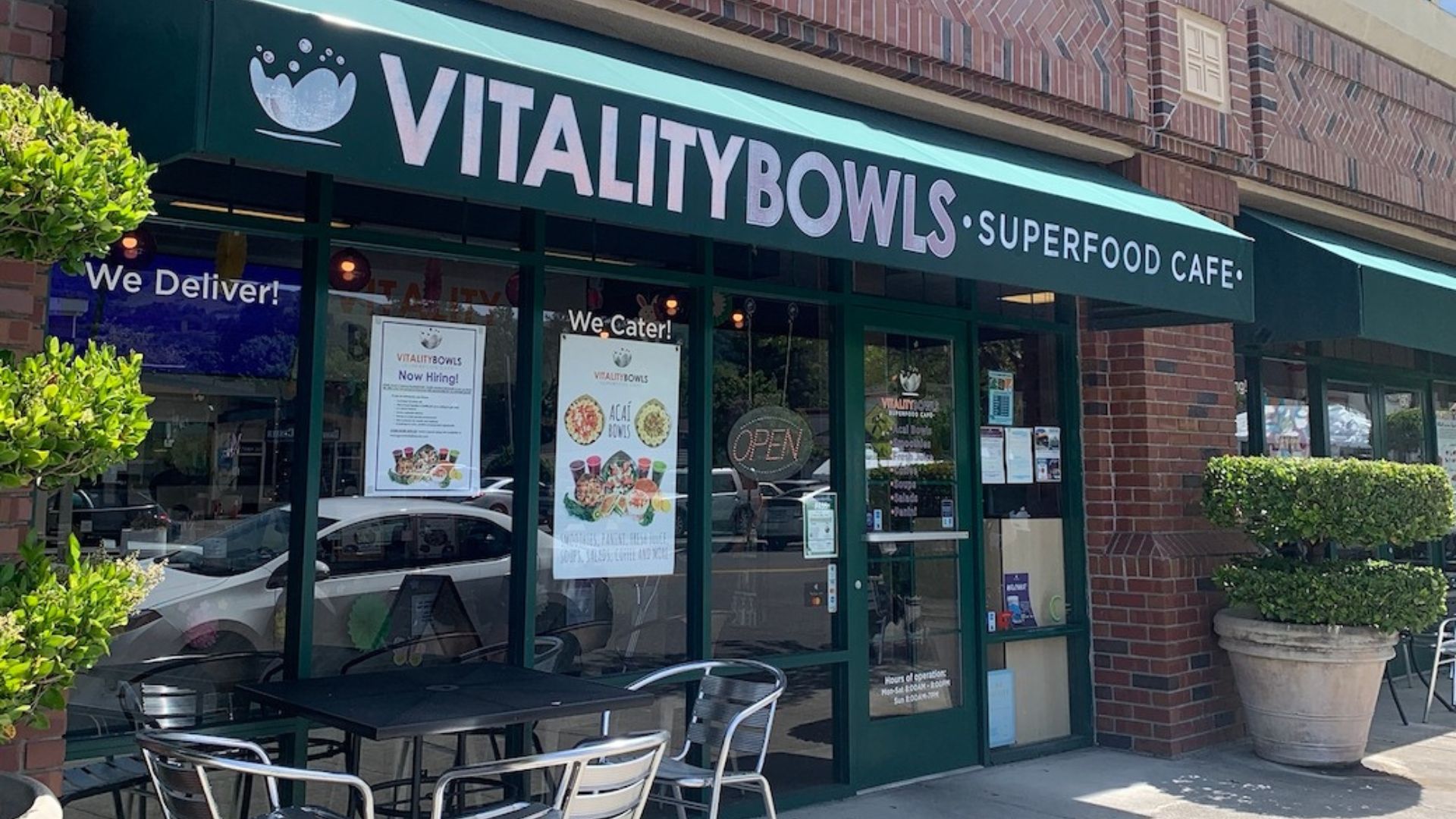
Beyond pizza chains, other fast-food outlets are also feeling the pressure. Brian Hom, owner of two Vitality Bowls restaurants in San Jose, has had to operate his stores with half the typical number of employees.
This has led to longer wait times for customers and higher prices to cover the added labor costs. Hom said “I’m definitely not going to hire anymore,” indicating the difficult decisions business owners are facing.
The Minimum Wage Law’s Broad Reach
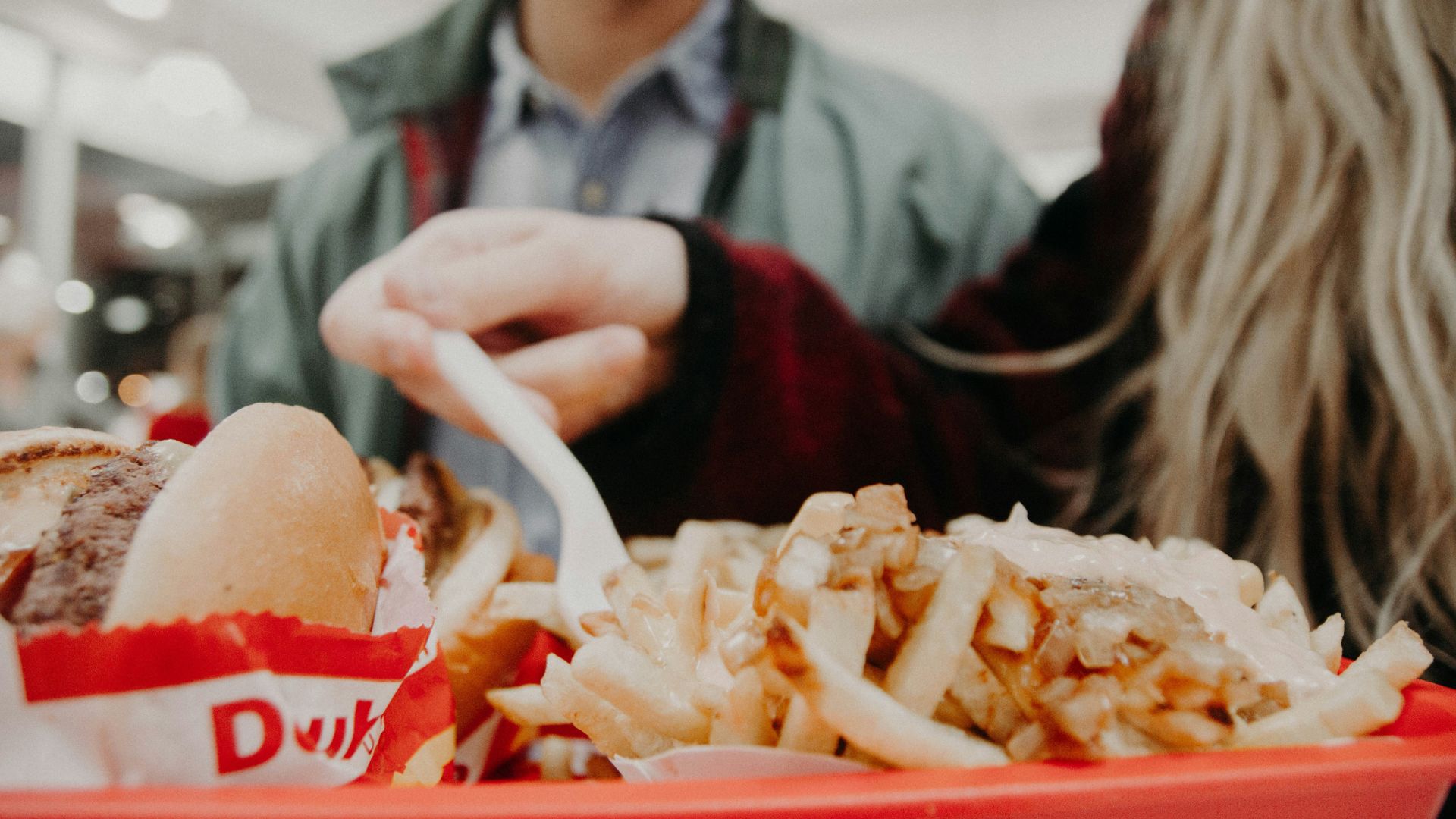
The new minimum wage law targets fast food chains with 60 or more locations nationwide, affecting a significant portion of the industry.
The legislation has sparked a debate about the workforce in fast food restaurants, with supporters arguing that many workers are not just teenagers in their first job, but adults relying on these positions for their livelihood.
Political Response to the Wage Increase
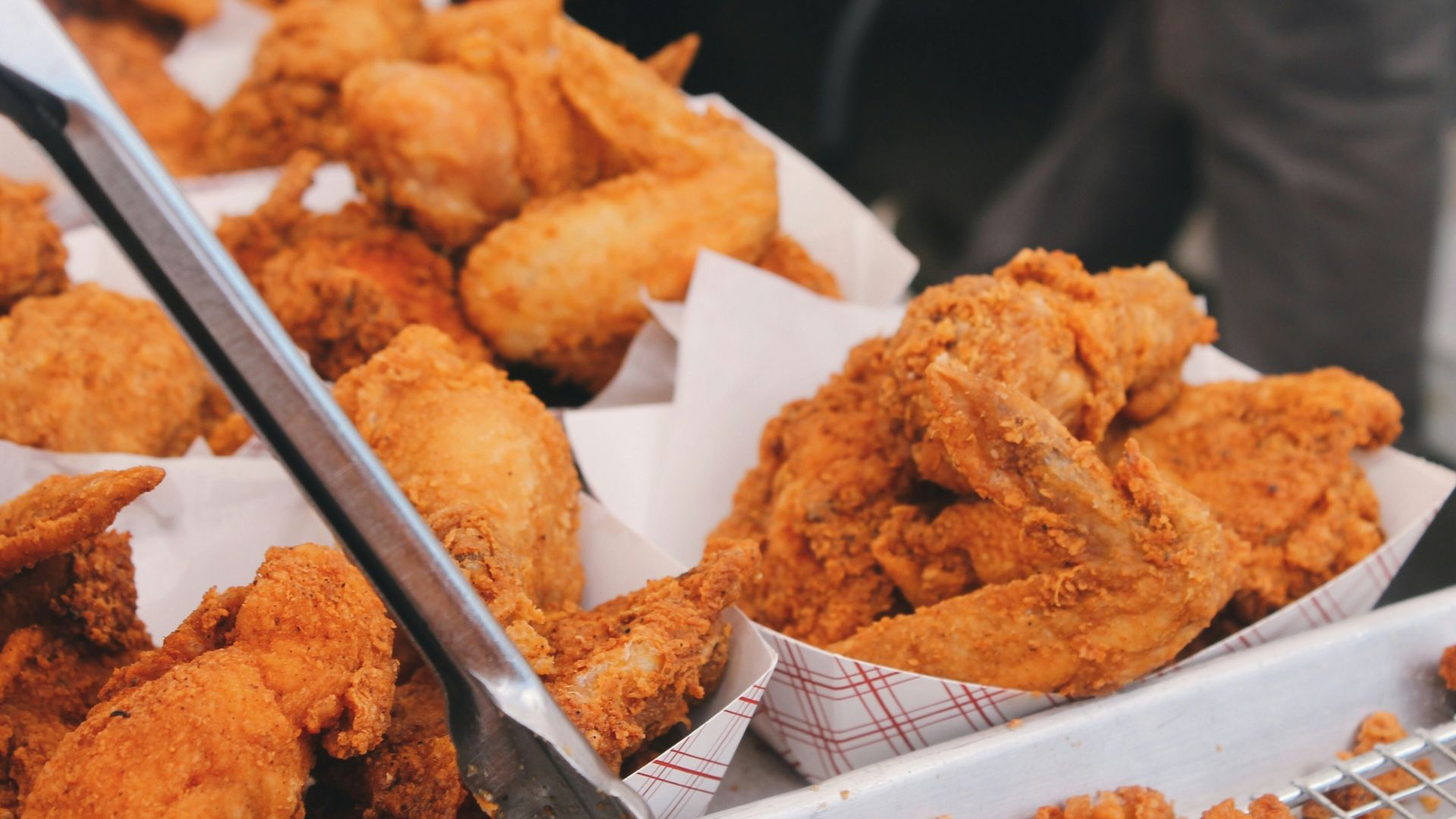
The wage increase has generated political controversy, with critics expressing concern about its impact on businesses and employment.
California Assembly Republican leader James Gallagher told FOX Business, “Restaurants are struggling to stay above water, and Democrats just threw them an anvil.” Gallagher’s comment underscores the tension between the goal of raising wages and the potential consequences for job availability.
Exemptions and Controversies in the Law
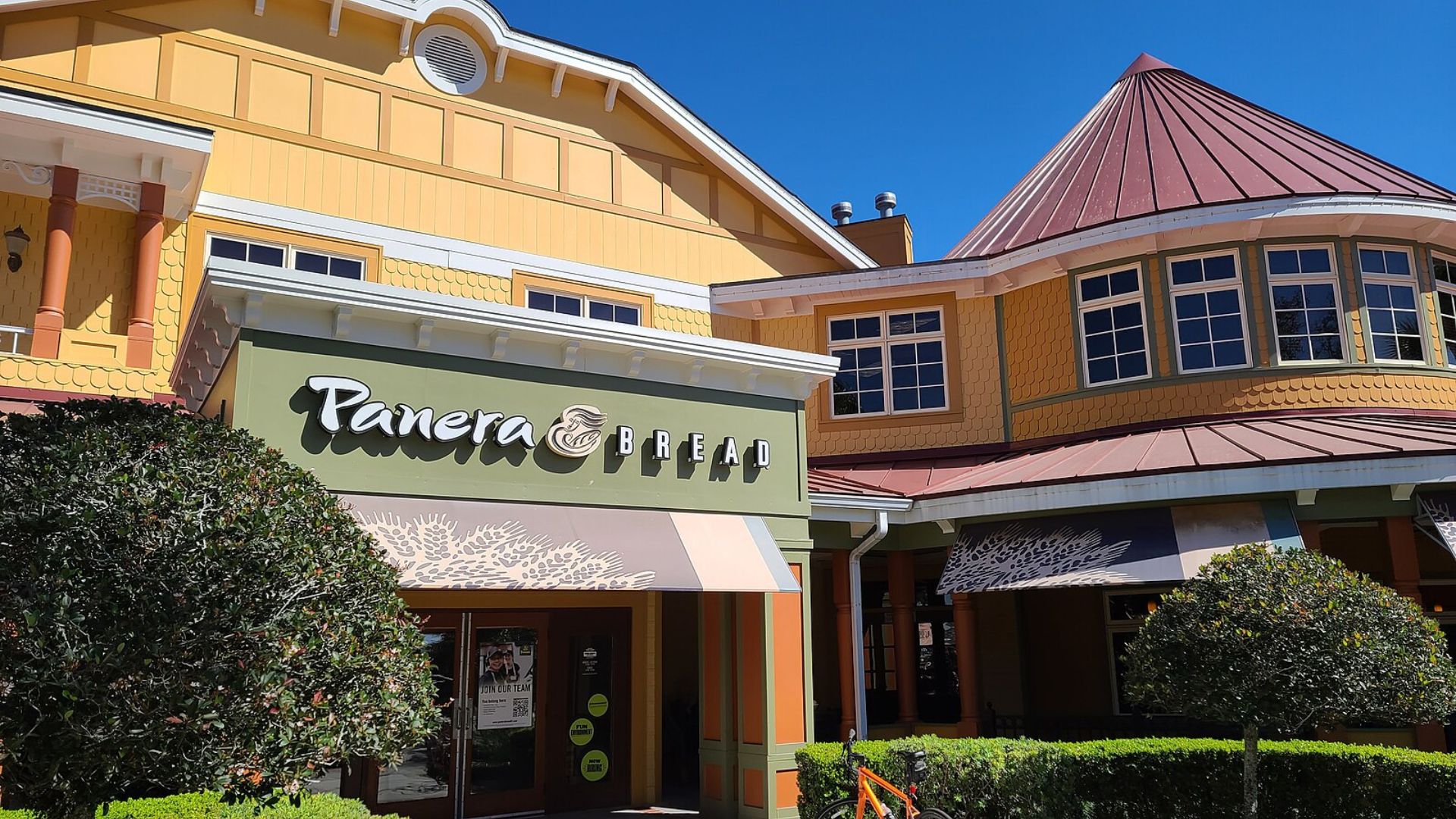
Initially, the law included exemptions for certain types of businesses, such as those that prepare and bake bread on-site to be sold as a standalone menu item.
Panera Bread was among the chains initially exempted from the wage increase. However, allegations arose that California Governor Gavin Newsom pushed for this exemption to benefit Greg Flynn, a major donor who owns several Panera locations, leading to scrutiny and debate over the law’s fairness.
Governor Newsom’s Response to Allegations
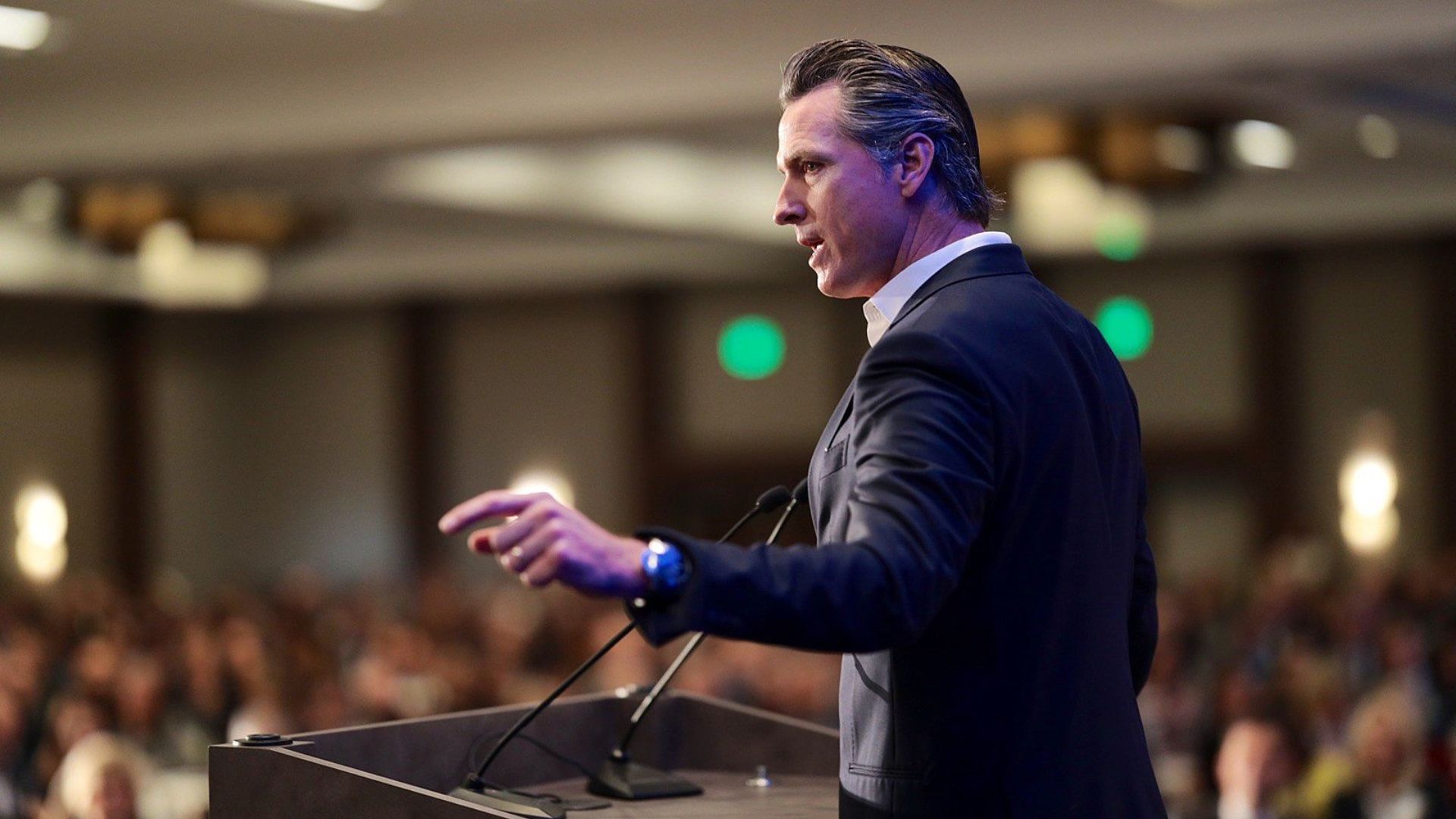
Governor Newsom has denied allegations of favoritism towards Panera Bread and its investor. In response to the controversy, Newsom stated in February that Panera would be required to comply with the new minimum wage law, dispelling rumors of an unfair advantage.
This decision was part of an effort to address concerns about the law’s exemptions and ensure its equitable application.
Future Implications for the Fast Food Industry
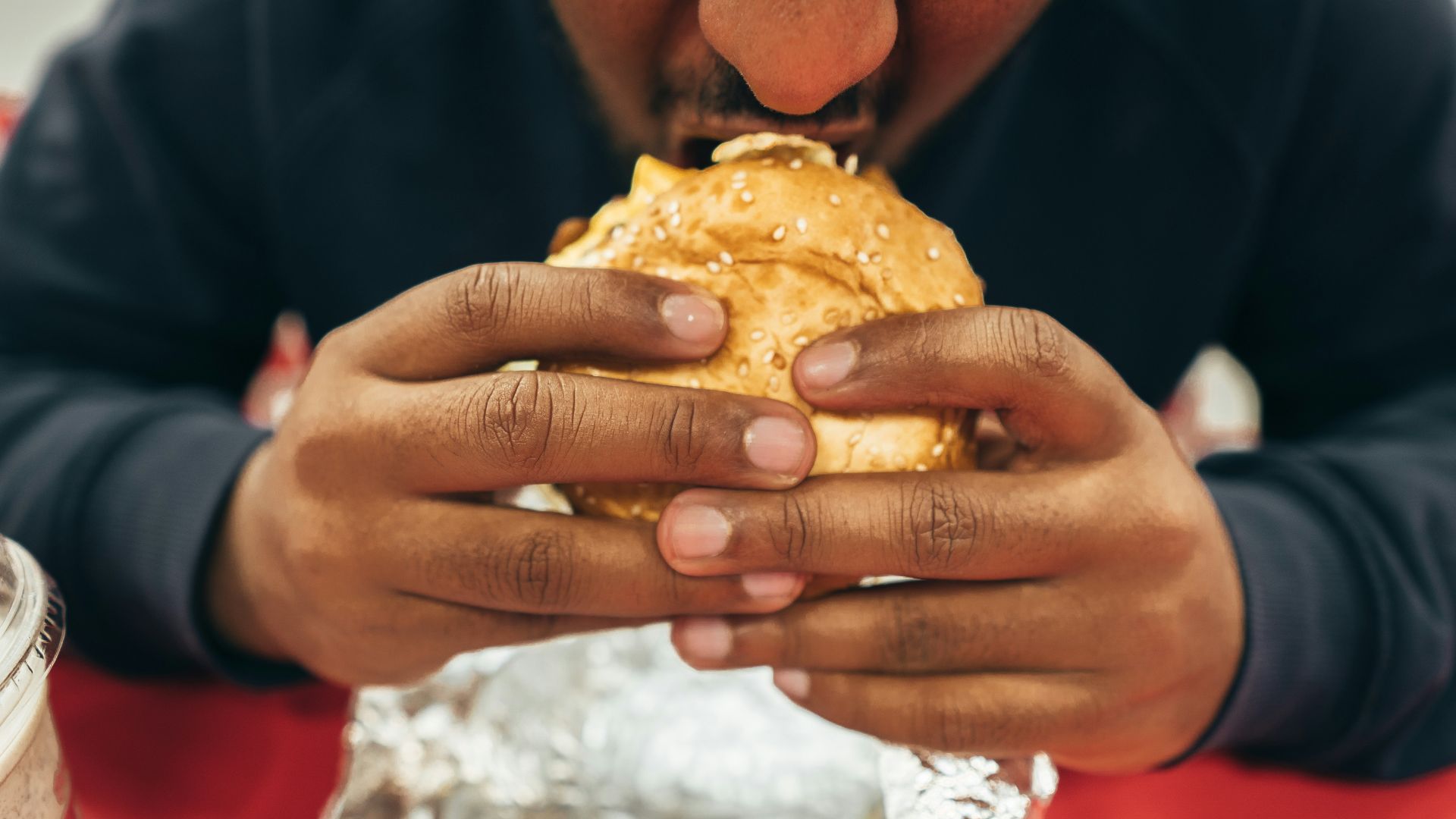
As the $20 minimum wage law is set to take effect, California’s fast-food industry is bracing for significant changes.
Outside of California, the nationwide changes we’re witnessing, from layoffs to the closure of franchises and major chains declaring bankruptcy, illustrate the volatile nature of the fast-food industry in the U.S.
Which Fast Food Chains Are Next to File Bankruptcy?

In addition to the dozens of Popeyes, Burger King, and Bojangles locations that have closed their doors, reports say popular restaurants like Taco Bell, KFC, and Pizza Hut may be next.
So, while there will likely always be plenty of fast food options in America, there’s no denying that for the first time in decades, the industry is certainly struggling.
